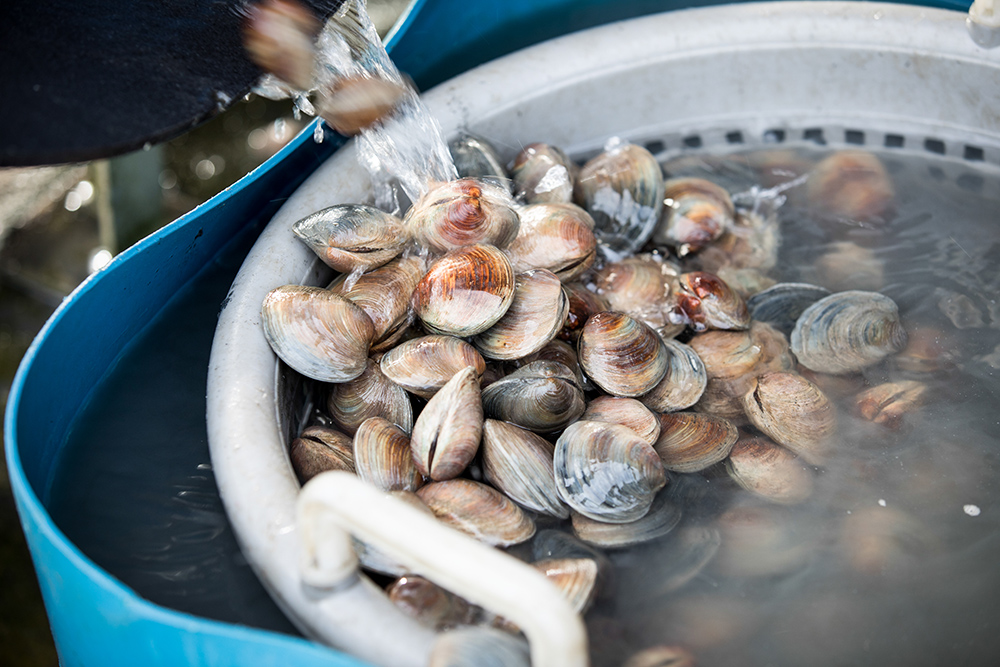By Stephanie Schupska
University of
Georgia

Volume XXXIII |
“They are called widow spiders based on the popular idea of females consuming males during or immediately after copulation,” said Aubree Roche, an entomology graduate student in the University of Georgia College of Agricultural and Environmental Sciences. “Though this behavior has been observed in widow spiders, it’s fairly uncommon.”
One notion about widow spiders is true: They are venomous.
“Thankfully, black widows are not particularly aggressive and typically scurry for cover when their hiding spot and web are disturbed,” said Elmer Gray, a UGA Cooperative Extension entomologist. “Consequently, confirmed bites are rare.”
Ouch, she bit me
Bites often happen when people accidentally mash the spider when they pick something up it’s on, Roche said.Widow spider venom “is typically not lethal to humans, although it can make you sick,” Roche said. About 4 percent to 5 percent of people bitten have a severe reaction or die from widow spider bites.
A black widow’s bite feels like a pinprick or an immediate sharp, burning pain with little or no swelling. Anyone, especially children, bitten by a widow spider should be taken to the emergency room immediately in order to reduce the pain and sickness that may follow a bite.
“As with any spider bite, you should try to capture the suspected spider and preserve it in rubbing alcohol or freeze it in a Zip-loc storage bag,” Gray said. “Your local extension agent should be able to assist in the proper identification of specimens not destroyed during the collection process.”
Outdoor caution
Gardeners should wear gloves when working near rock borders, piles of wood or debris and other spider hiding places.“Be sure to inspect children’s toys that are kept outside, particularly toys that may not have been used recently such as tricycles, tire swings and jungle gyms,” Roche said.
Widow spiders also like unheated sheds and barns. “Prior to indoor plumbing, outhouses were a common site for black widow bites,” Gray said.
Roche and Gray have a few pointers to keep spiders at bay.
• Don’t rely on pesticides to kill spiders, although they may control the presence of insect prey.
• Install weather stripping around doors and windows. Seal areas around pipes and wiring.
• Turn outside lights off at night. This will greatly reduce spiders waiting for an insect feast.
• Keep yards free of piles of debris and vegetation trimmed.
“Application of residual insecticides several days prior to disturbing suspected habitats could reduce populations, but avoidance and personal protection, such as work gloves, are the only guaranteed techniques for bite prevention,” Gray said.
Black widows aren’t the only widow spiders spinning irregularly shaped, messy webs throughout the state. Georgia has three species of widow spiders: southern black, northern black and brown.






